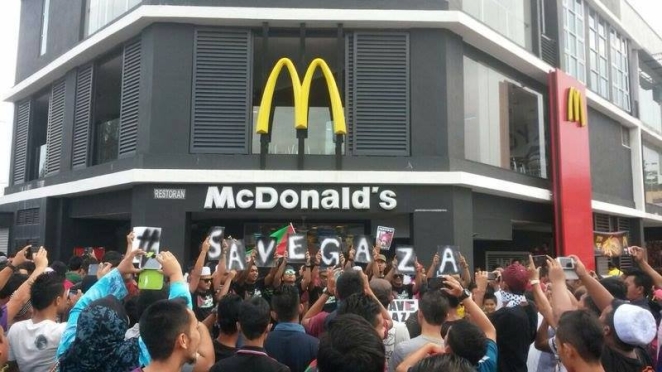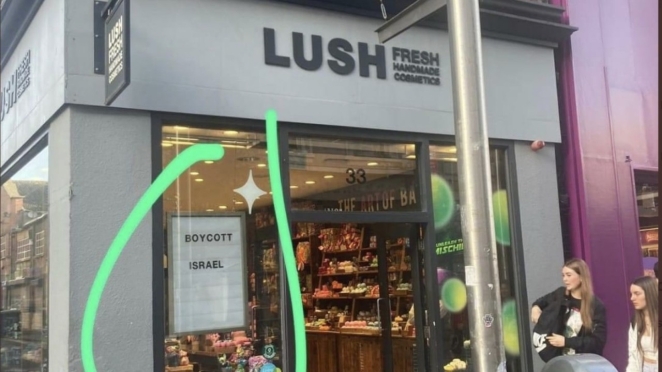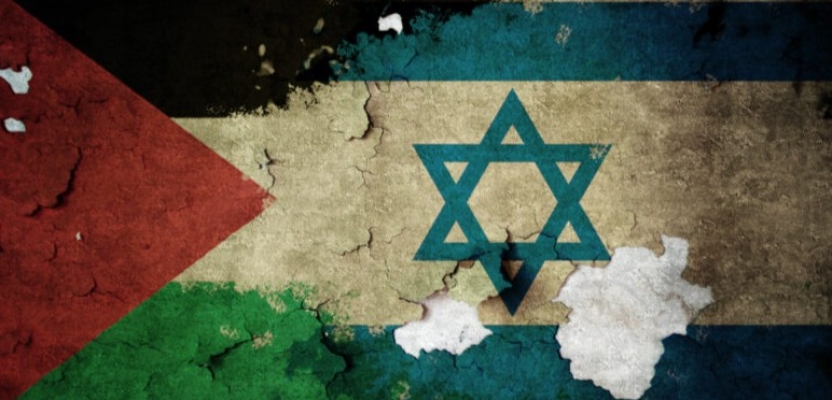Politics is a dirty business, particularly when bloodshed is involved. The atrocities currently raging in Israel and Gaza are beyond comprehension for many of us in the western world and, while our first instinct might be to send aid and “prayers” to the afflicted, the waters are a little muddier this time round.

Back in February last year when Russia invaded Ukraine there were clear-cut “baddies” to root against and “goodies” to root for. Yes, I understand it’s a more nuanced situation when you cut away the mass media grandstanding but, at its heart, the Russia Ukraine conflict is an easier situation for us to wrap our heads around because there’s an aggressor and a victim. The Israel-Palestine conflict has never been quite as clear and with good reason.
Yes, Israel didn’t even exist until 70 years ago and yes, the way the Palestinians have been essentially caged into Gaza like sardines ever since is obscene beyond reason but then so is mercilessly mowing down civilians at a music festival. Given the complexity of the geopolitical situation, brands which would usually be the first to speak out in defence or support of one side or the other haven’t exactly jumped at the chance and, to be frank, I don’t blame them.
Taking a risky stand
Ignoring celebrities and influencers for a second (thank fuck for that), the precious few brands to step off the fence have already faced significant backlash.
McDonald's, for example, is facing a boycott after an Israeli restaurant posted on social media that it will be providing Israeli soldiers free food. The action led to Palestinian protesters reportedly attacking two restaurants in Lebanon. In response, McDonald’s Oman donated $100,000 donation to help people in war-torn Gaza; McDonald’s Turkey pledged $1 million for humanitarian aid.

On the other side of the fence, the Dublin branch of Lush, a British cosmetics maker, sparked controversy when it briefly posted a sign in its window this week stating, “Boycott Israel.” A photo of the store drew such attention on social media, in fact that some people called for a boycott of Lush. The company said in response that the sign was swiftly removed and doesn’t represent Lush’s ethos that “all people are welcome.”
PR has been going into overdrive but most corporate affairs specialists are, rightly, advising caution. Chris Deri, Weber Shandwick’s chief corporate affairs officer said: “While we have seen our clients and many other companies denouncing terrorism in no uncertain terms, there is not a singular approach, response or set of actions that will be right for all organisations,” while Rebecca Wilson Executive VP at WE Communications simply admitted: “We are counselling our clients to prioritize internal communication with employees before communicating externally.”
No right answers
Of course, we’ve been told time and time again not to conflate the plight of average Palestinian people with Hamas, which is (ostensibly) a terrorist organisation. However, given the bombing of the Al-Ahli Arab Hospital on Tuesday, things have been even further complicated. Was it a Hamas misfire? Possibly, but this is not a political blog and, ultimately, who pulled the trigger is of little consequence to the innocents catching the bullets.
There’s no right answer here and brands would be wise to not let their emotions get the best of them. We’re in for a long, devastating conflict here; the latest in a depressingly long line. So, as a collective industry, let’s just step back a little this time… right?




